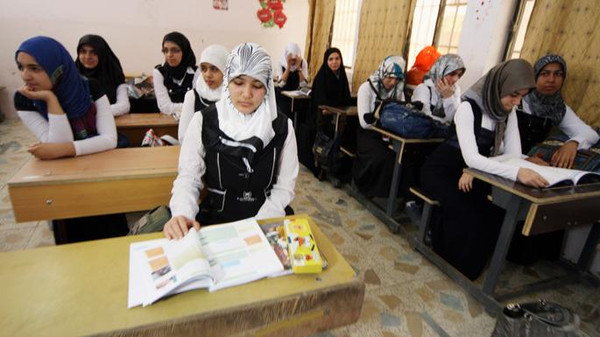Luke Cloherty
Introduction
For most people with children, education is always at the forefront of their mind. Everybody wants bright, well-rounded children whose futures look prosperous and whose lives are fulfilled by attaining a career they would like to carry out.
Arab families indeed, given the cultural focus on the family unit, ponder the many potential familial upheavals before relocating – especially education. For high-net worth Arabs, given that they already have in place the requisite funds to afford their children the best education possible, it is a decision not taken lightly.
The Main Countries Relocated to and Invested In
Before the 9/11 attacks in New York City, the US and UK were the places most Arab students went to study for higher education. World famous institutions such as Harvard, Yale and Princeton in the US and Oxford, Cambridge and St. Andrews in the UK drew many Arab students to those transatlantic shores, however, in the wake of the attacks many decided to study elsewhere.
The reasons seem fairly obvious, the aftermath of those attacks drew, primarily, the US and the UK governments to react by declaring war on Afghanistan and later Iraq. Although other ally nations joined in, including Australia, the bulk of operations were carried out by the US with their close allies, the UK, heavily involved.
For about six or seven years post-9/11, Australia and New Zealand became a favourite for Arab overseas students. Mrs Suad Alhalwachi, Director of Education Zone, says that around 80% of the students she sent abroad went to Australia and New Zealand after 9-11 (Source: http://monitor.icef.com/2014/09/from-the-field-uae-education-sector-set-for-robust-growth/). However, after that period, a huge swing occurred, resulting in that 80% swinging back to the US and UK, with the remaining 20% being shared between Europe, Australia, New Zealand and China. This is still the case today.
In terms of overseas investment for families moving themselves wholesale, it would seem that the above figures aren’t too far off either. London is obviously a huge area of investment for high-net worth Arabs and, equally, the US is a great pull for people relocating and investing. Schooling in the US and UK is traditionally good and being schooled there also makes it far easier to apply and get into the universities there, which is another obvious plus.
The Pull of the West
Alhalwachi feels that the West and particularly the US is a huge pull for Arab students given its cultural influence on young people in the region through movies.
With the US being so etched onto the brains of young Arabs, its influence is huge in attracting young Arabs looking to study overseas. But not content with their country simply influencing through cultural output, US universities appeal directly to Arab students, regularly sending delegates to Arab states to directly target them and now employing more new-fangled methods, such as social media outlets. With a more tech-mobilised Arab youth following the Arab Spring, US universities have realised the power of the medium for targeting that youth.
Spring Semester is Over
After the Arab Spring, that aforementioned tech-mobilised youth became more in touch with the World and also, crucially, came out of its shell, with young Arabs taking ownership of their own education.
Alhalwachi says that the pendulum swing from Australia and New Zealand happened quite in line with the Arab Spring. She also mentions that the young people coming to her now are way better informed on where they would like to go, using the internet as a research tool. The main point for her, though, is the confidence the Arab Spring has given young Arabs.
She notes that the young people coming to her now feel enabled, speaking up for themselves and wanting to be the final decision maker on where they go to university. So now, not only do these students’ wealthy parents have their education in their minds, but, indeed, the students do to. So now, the whole family is invested.
Education is driving wealthy Arabs overseas and, interestingly, straight to the doorsteps of supposed enemies. It shows the strength of people’s decisions in the face of political and/or media led rhetoric. It also shows the power of being a global citizen.





